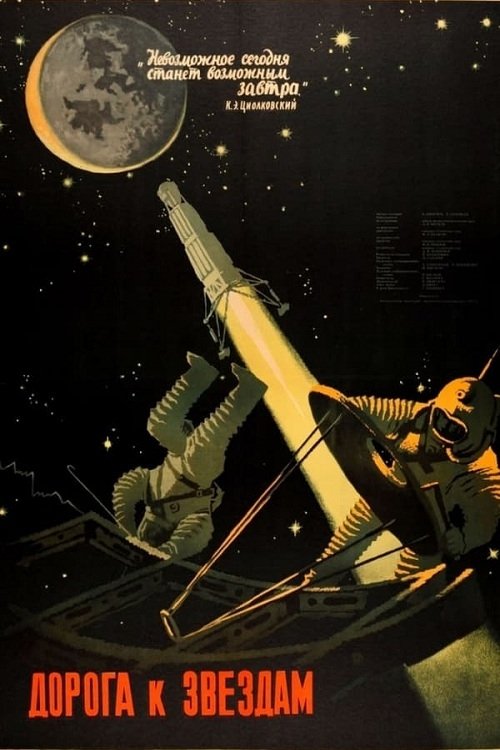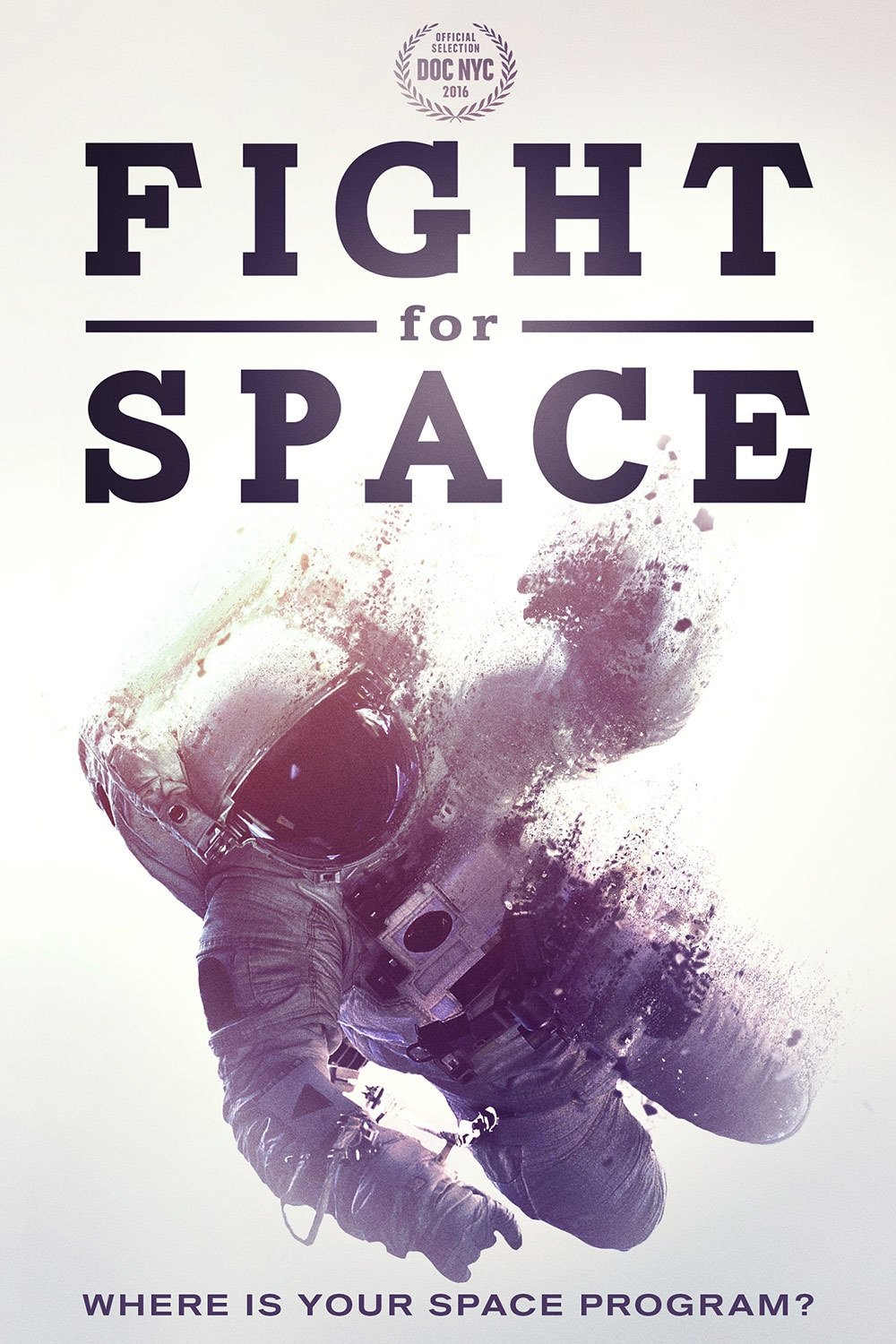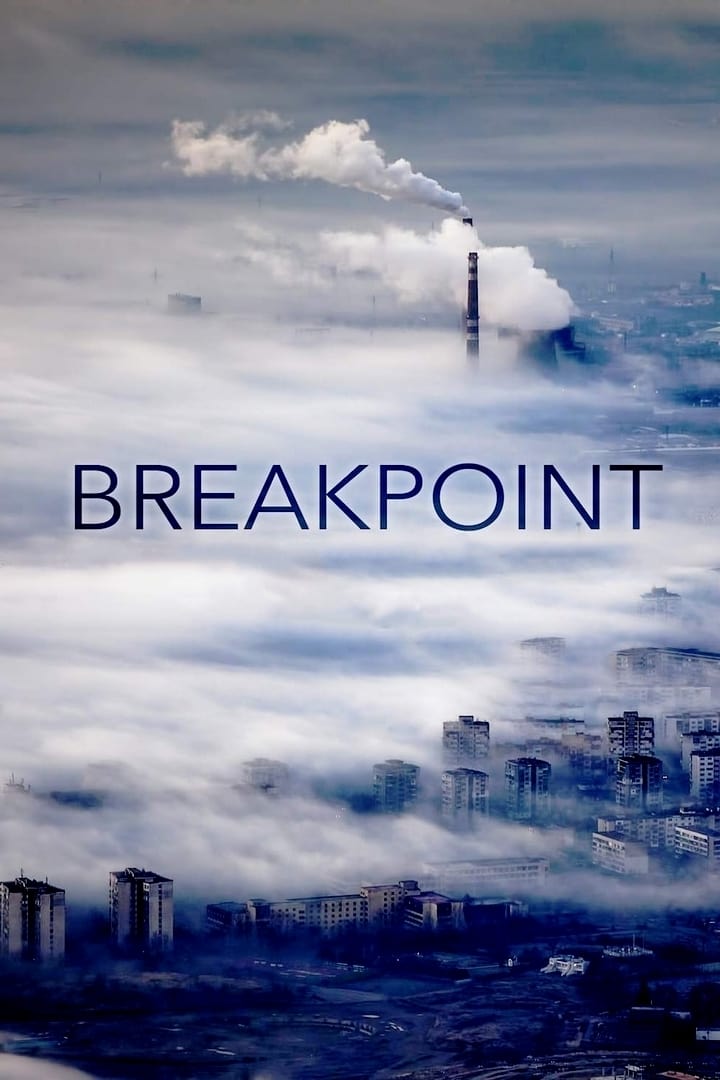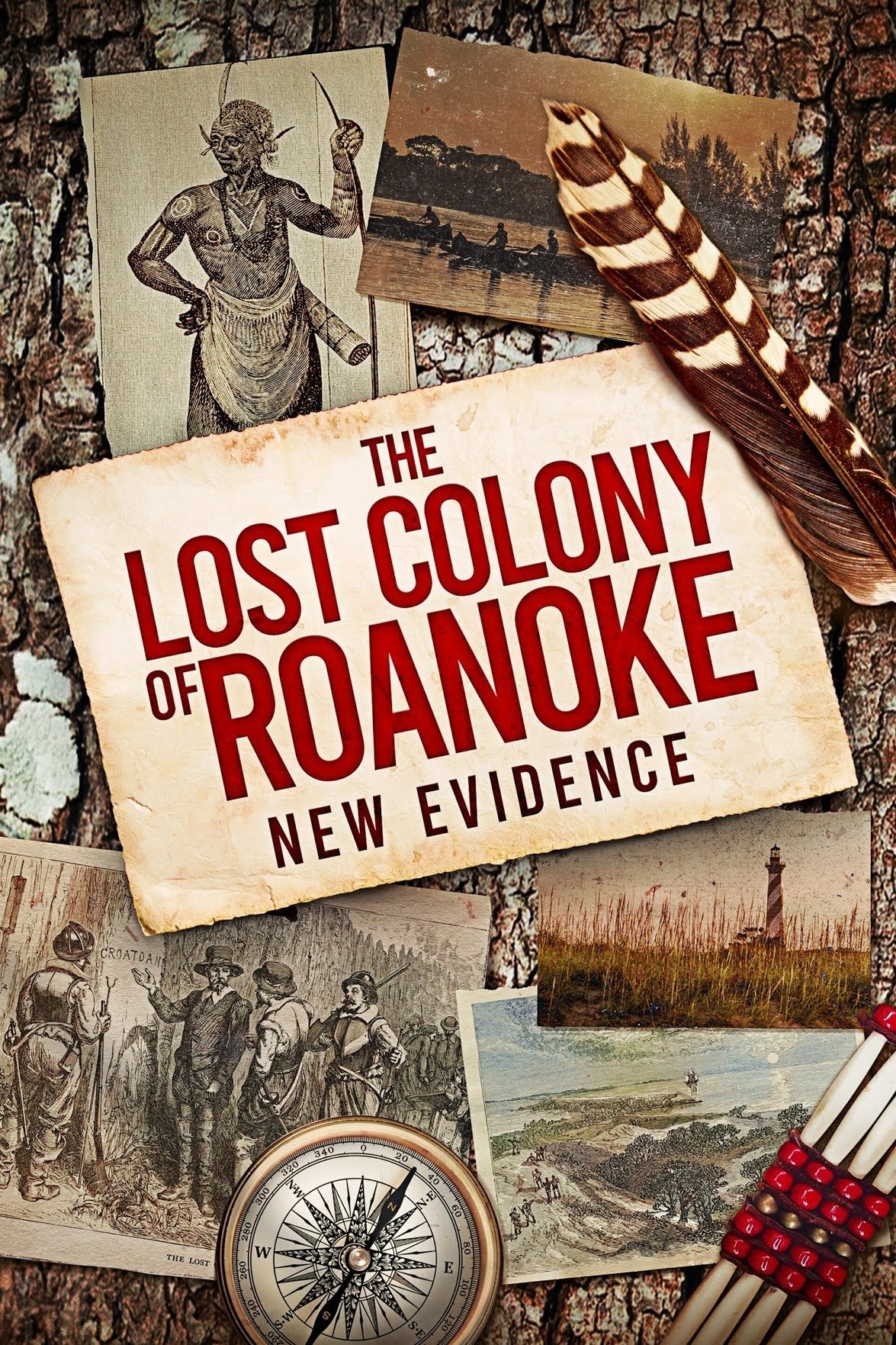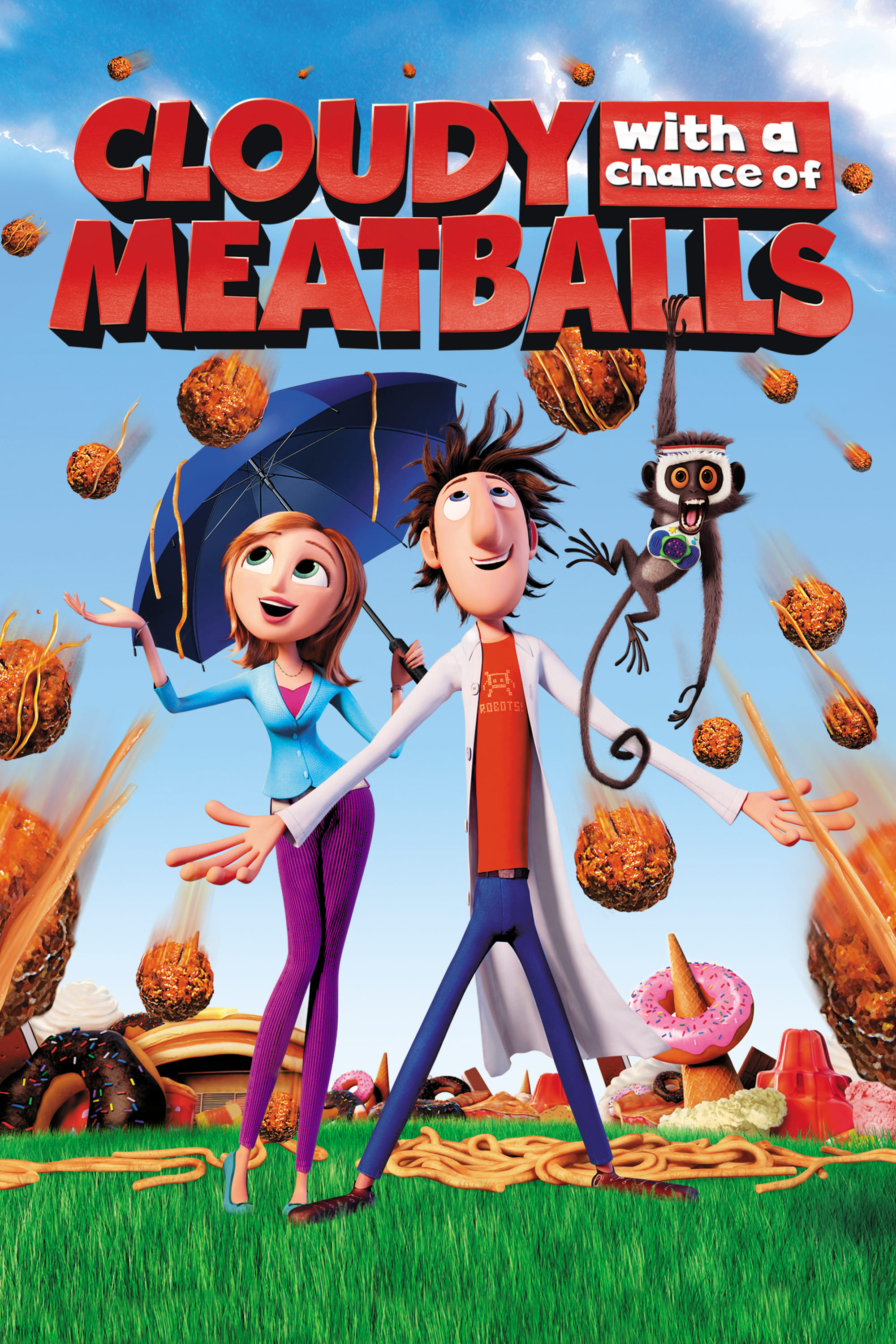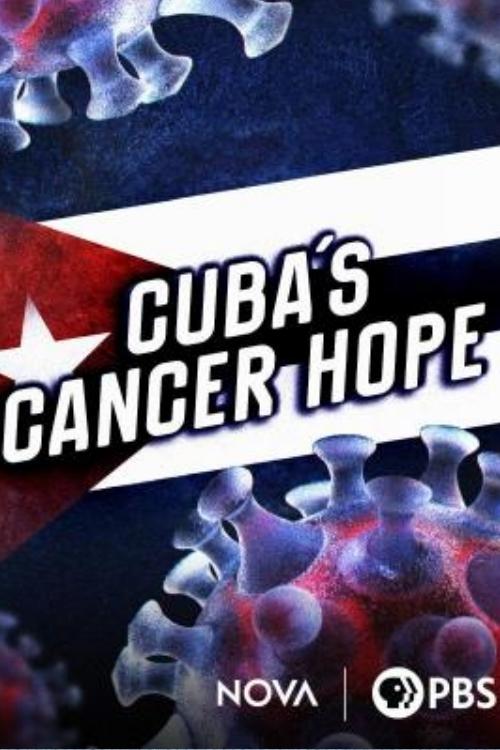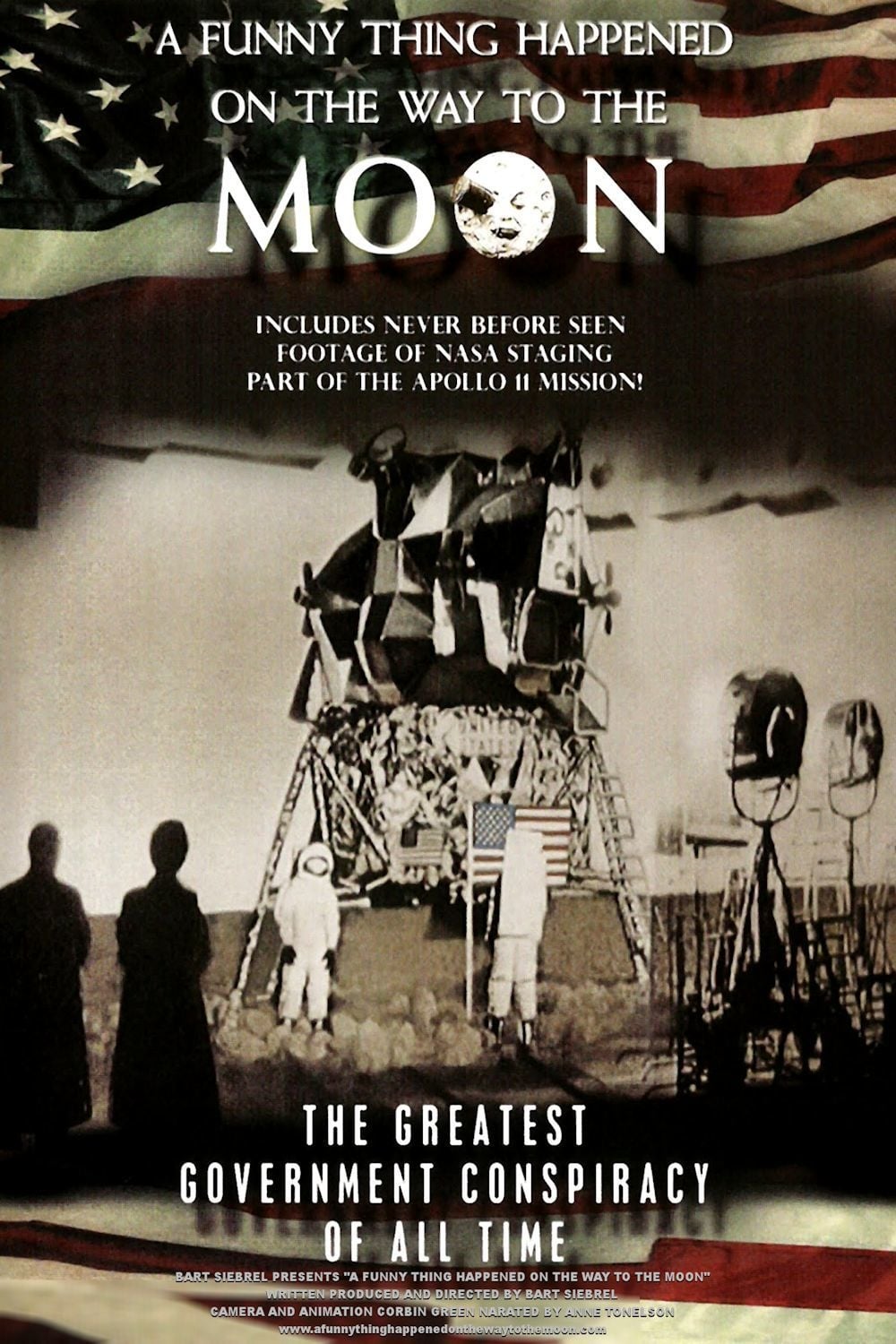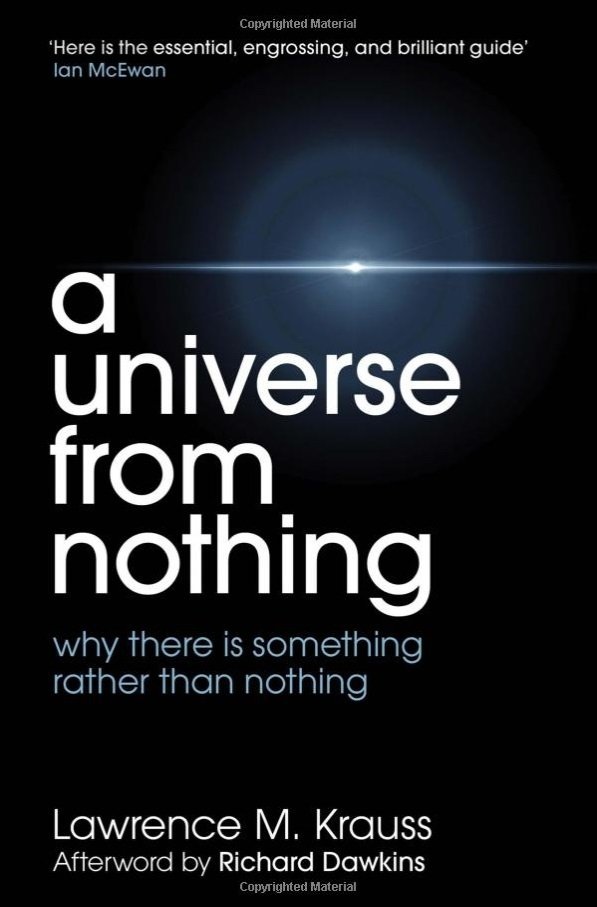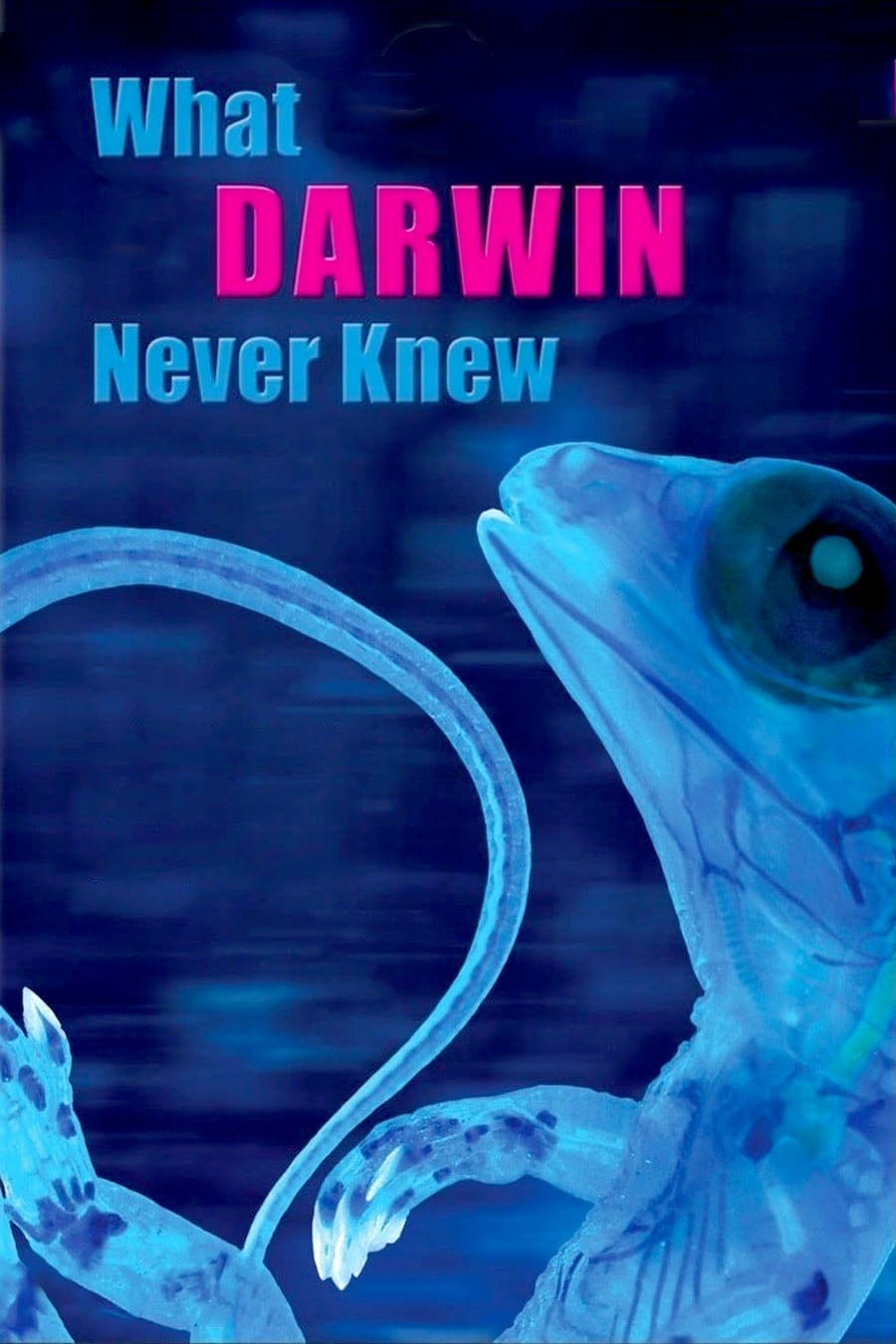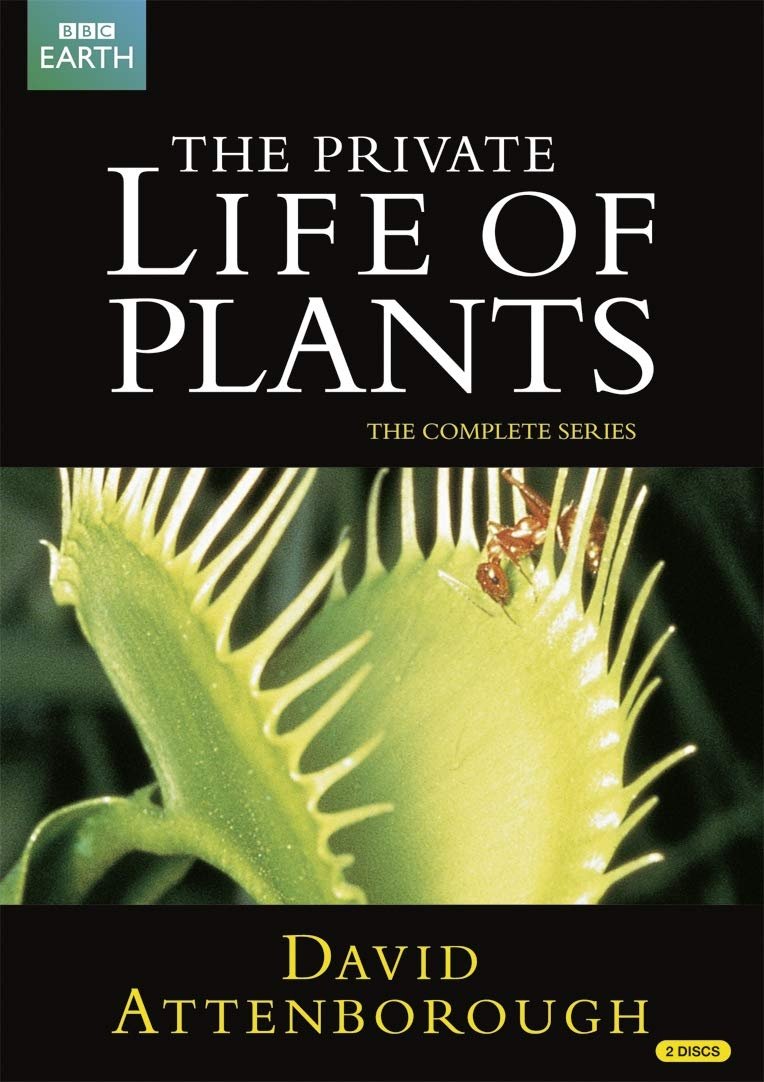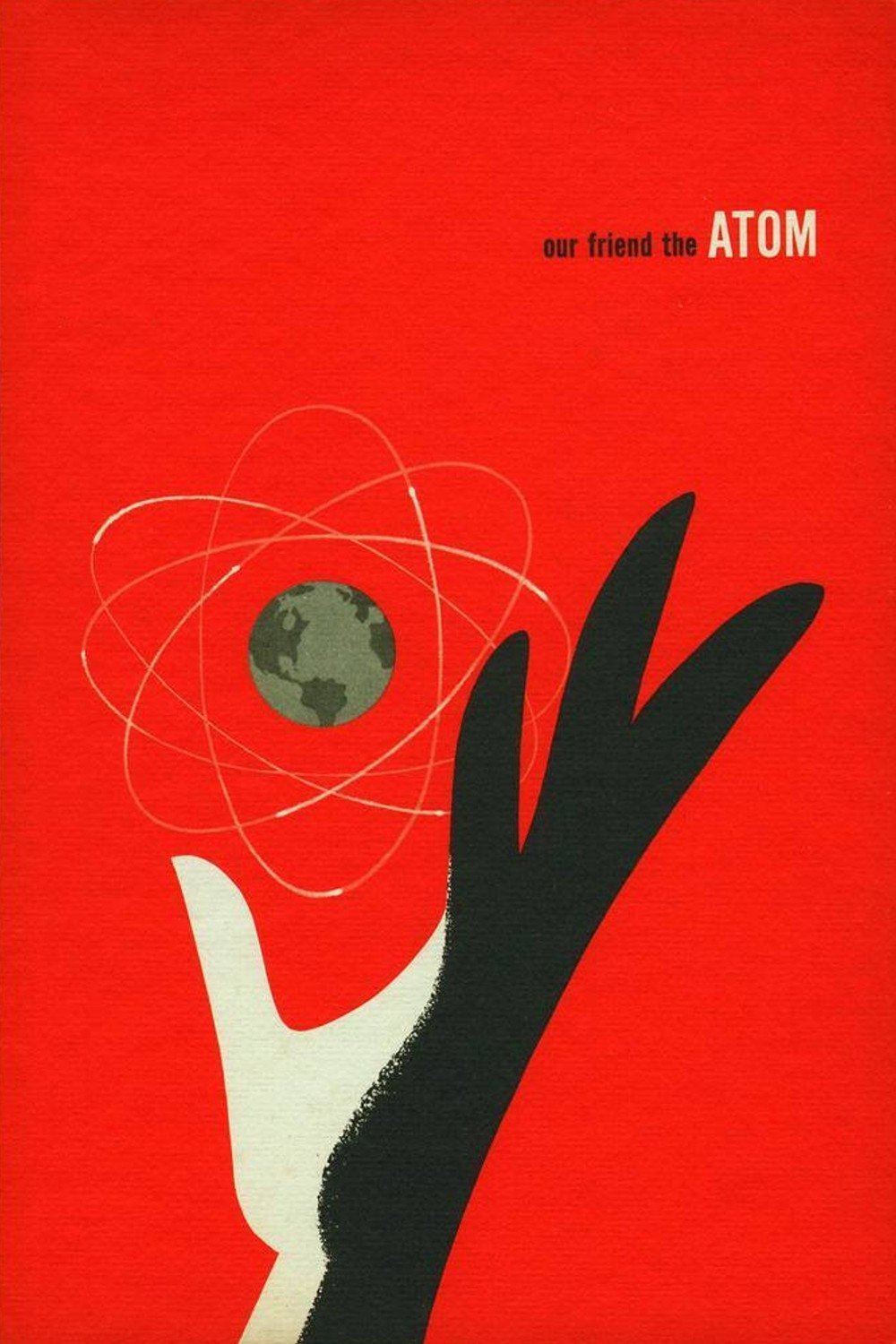
Our Friend the Atom (1957)
Released:
1957-01-23
Duration:
1hr 0min
Rating 6.7
Overview
Dr. Heinz Haber, a noted scientist in the field of atomic energy, hosts this look at the possibility of an exciting new power source. He starts by comparing atomic energy to a genie in a bottle, both of which capable of doing both good and evil, and it is up to humankind to develop safe controls over this largely unexplored science.
Production Companies

Walt Disney Productions
Additional Info
| Budget | $0.00 |
|---|---|
| Revenue | $0.00 |
| Original Language | en |
| Popularity | 0.1477 |
Directed By
Hamilton Luske
Crew
Director
Hamilton Luske
Hamilton Luske
Music
Oliver Wallace
Oliver Wallace
Art Direction
Marvin Aubrey Davis
Marvin Aubrey Davis
Editor
Lloyd L. Richardson
Lloyd L. Richardson
Assistant Director
Vincent McEveety
Vincent McEveety
Production Supervisor
Harry Tytle
Harry Tytle
Teleplay
Milt Banta
Milt Banta
TOP CAST
Heinz Haber
Himself
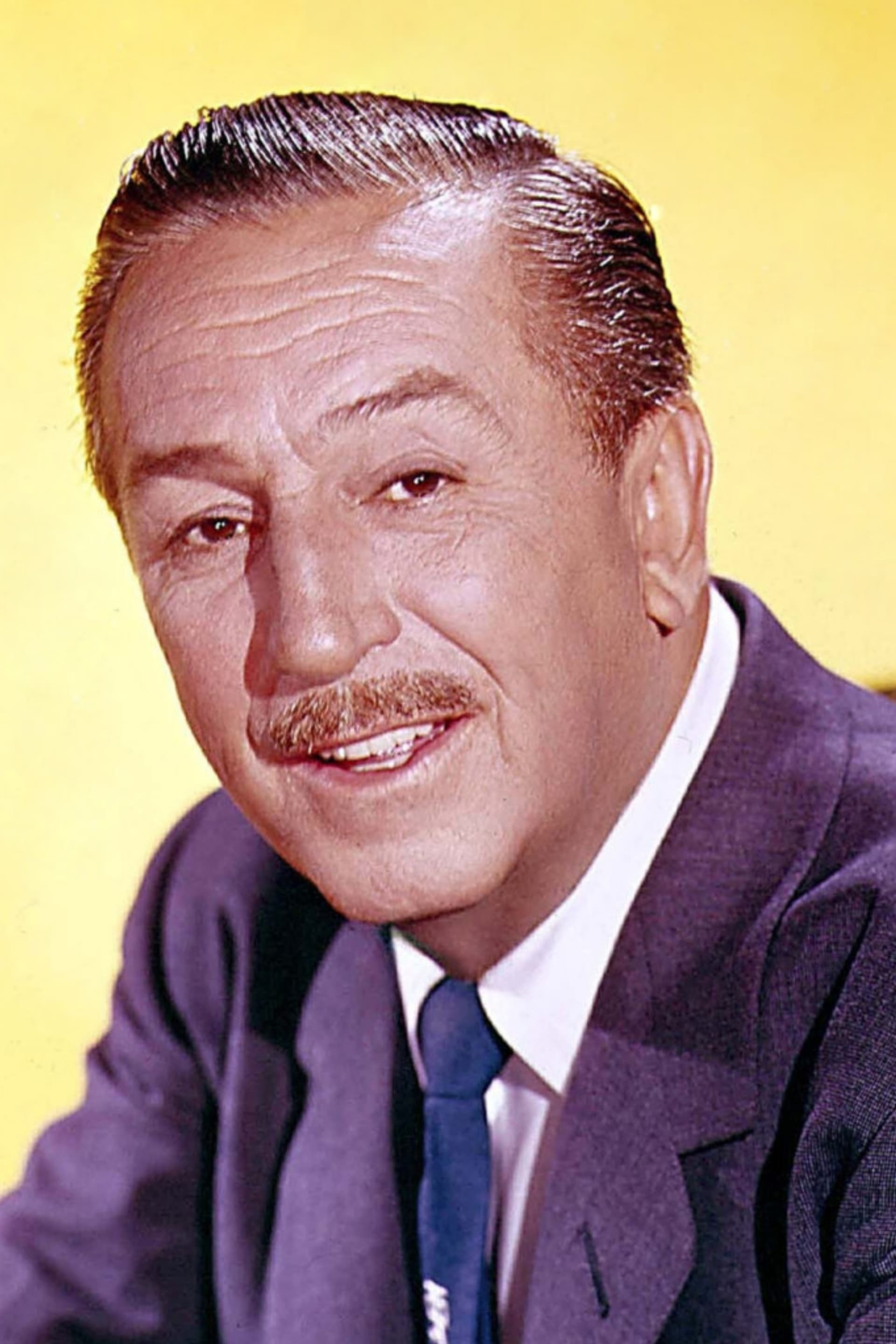
Walt Disney
Himself
